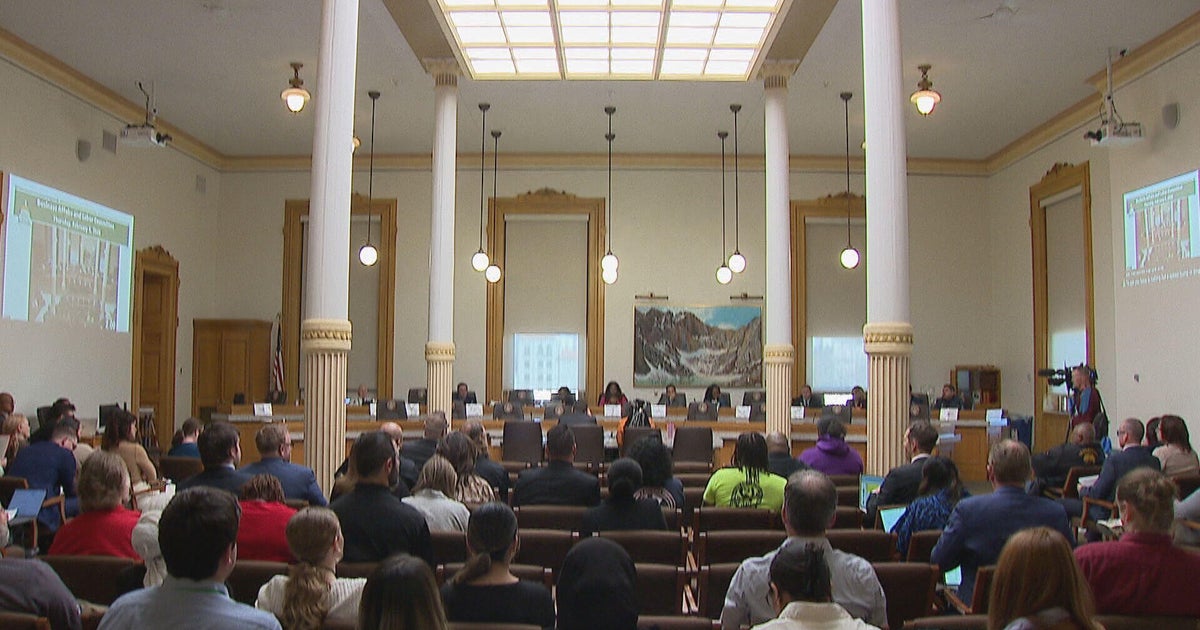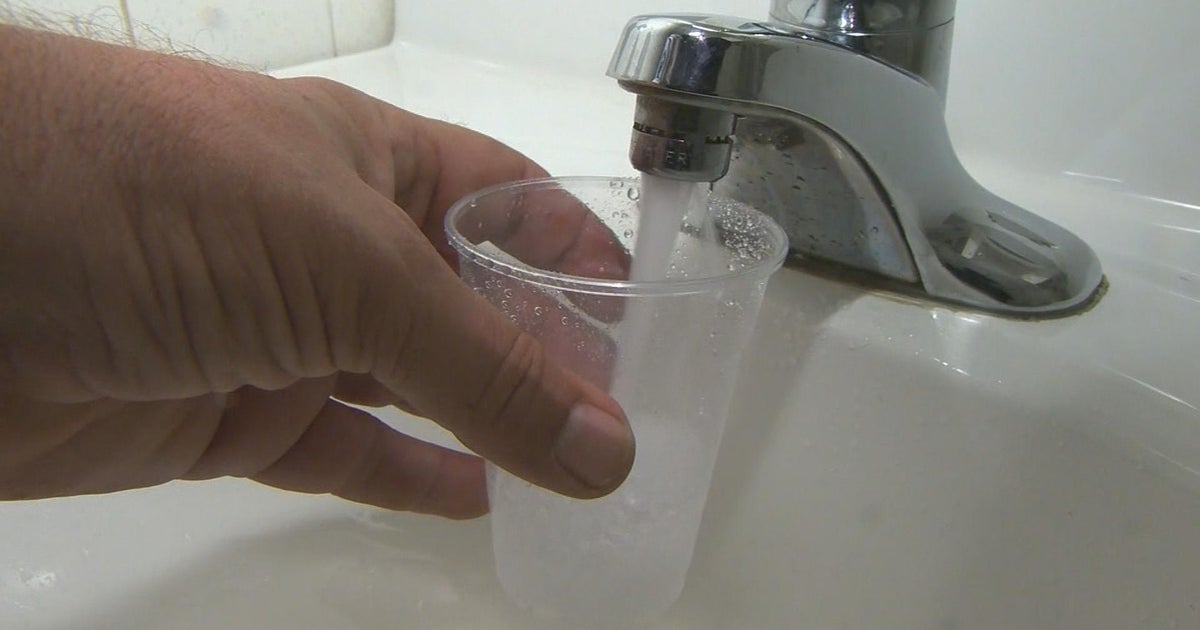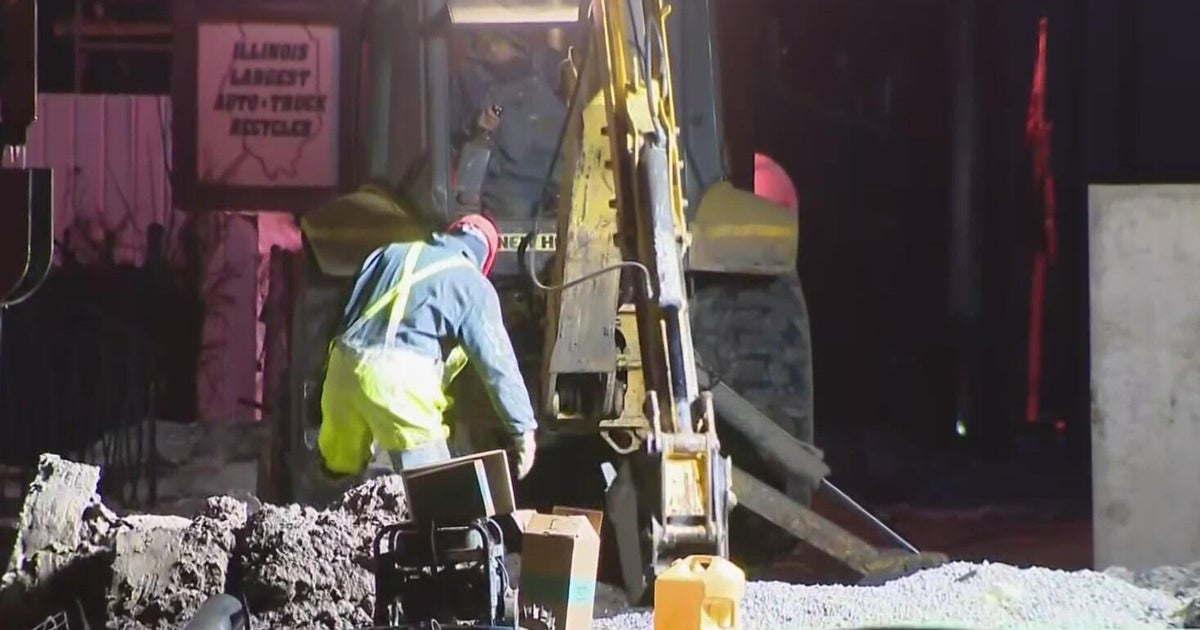Texas Getting Serious About Water Issues
AUSTIN (AP) — After decades of dire warnings about Texas' growing demand for water, the state's leaders are getting serious about funding the State Water Plan.
Gov. Rick Perry, Lt. Gov. David Dewhurst and House Speaker Joe Straus have proclaimed their support for a new $2 billion fund to finance water projects, but only after the state experienced its hottest year on record and the worst one-year drought in the state's history. In an unintended irony, they want to tap the Rainy Day Fund to deal with the state's lack of water.
If the measure makes it into law, though, experts warn it will be only a drop in the bucket.
The Texas Water Development Board drafts the State Water Plan every five years, and as early as 1990 warned that the state must make significant new investments in water capture, treatment and conservation to meet the needs of a rapidly growing population.
In 2001, the Legislature established the Water Infrastructure Fund to help finance projects, but didn't appropriate any money for it until 2007. Between 2007 and the latest State Water Plan in 2012, the fund mobilized $1.47 billion in infrastructure investments, at a time when the board said it will need $53 billion over the next 50 years.
The board says to keep clean water flowing to all Texans, the state as a whole — including local governments — needs to spend $263 billion on water projects through 2060.
Republican Rep. Allan Ritter, chairman of the House Natural Resources Committee, filed House Bills 4 and 11 on Thursday to put $2 billion in a new State Water Implementation Fund to cover the state's portion of the costs. State officials will use that money to leverage additional funds for new reservoirs, water treatment plants and conservation efforts.
"Our projections show that $2 billion would fully implement the State Water Plan as it exists today," Ritter said. "With that one-time capital investment, we could provide adequate, meaningful funding to the plan and achieve the state's goals of supporting local entities in the implementation of projects."
The state's leadership has launched a full-court press to make clear this is a major legislative priority. Perry said the fund was a wise use of the Rainy Day Fund, which the comptroller says will soon top $11 billion. Dewhurst, who initially recommended using only $1 billion, welcomed the higher number. Straus' office circulated a list of groups supporting the measure that include the Texas Association of Manufacturers, Texas Association of Business, Texas Association of Realtors and the Texas Oil and Gas Association.
The Sierra Club and the Nature Conservancy also endorsed the plan.
"House Bill 4 especially recognizes two very important principles that the environmental community and others have flagged as critical to our water future: the need to prioritize projects for state financial assistance and the fact that water conservation is a key component of meeting water needs," said Ken Kramer, a spokesman for the Lone Star Chapter of the Sierra Club.
That doesn't mean the bill is a shoo-in, though. Many tea party Republicans campaigned on limiting state spending and protecting the Rainy Day Fund. No one has come out to oppose the state's top Republican leaders, but the 83rd Legislature is less than a week old and key tea party leaders have not yet commented on the proposal.
The Rainy Day Fund has become a political football. Lawmakers established what is known formally as the Economic Stabilization Fund in 1988 after huge swings in oil prices brought havoc to the state's two-year budgets. Since 1989, a portion of oil and gas taxes goes into the savings account every year so when hard economic times hit, lawmakers have funds to fall back on.
Over the last few years, though, Perry has argued that lawmakers should only use the fund for non-recurring expenses and in 2011 opposed any effort by lawmakers to use the fund to fill a $15 billion budget shortfall. Rather than tap the fund then, lawmakers cut public school funding by $5.4 billion, deferred $2 billion in school spending and intentionally underfunded Medicaid by $4.8 billion.
Perry has said he supports tapping the fund for water because it's a one-time expense. Whether the measure passes will depend on other conservatives agreeing with him.
And while $2 billion will certainly help, state and local officials will still need to find billions more to keep Texas' taps flowing.
Also Check Out:







